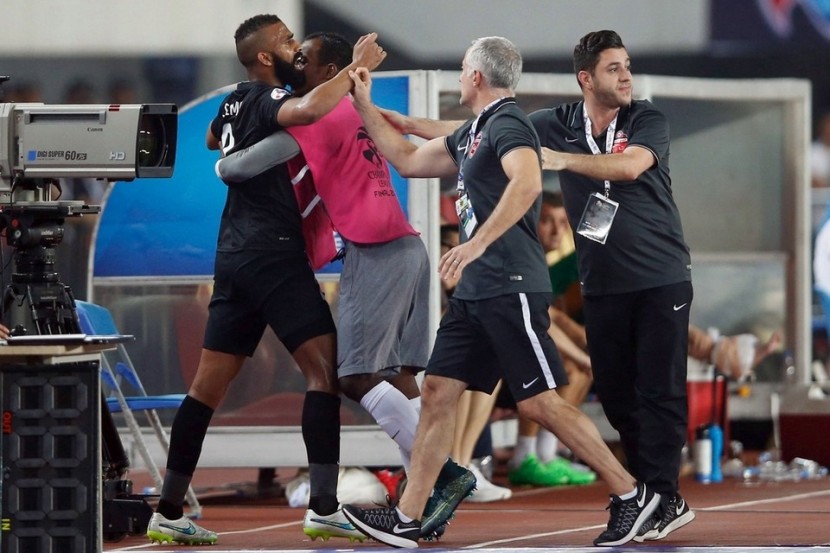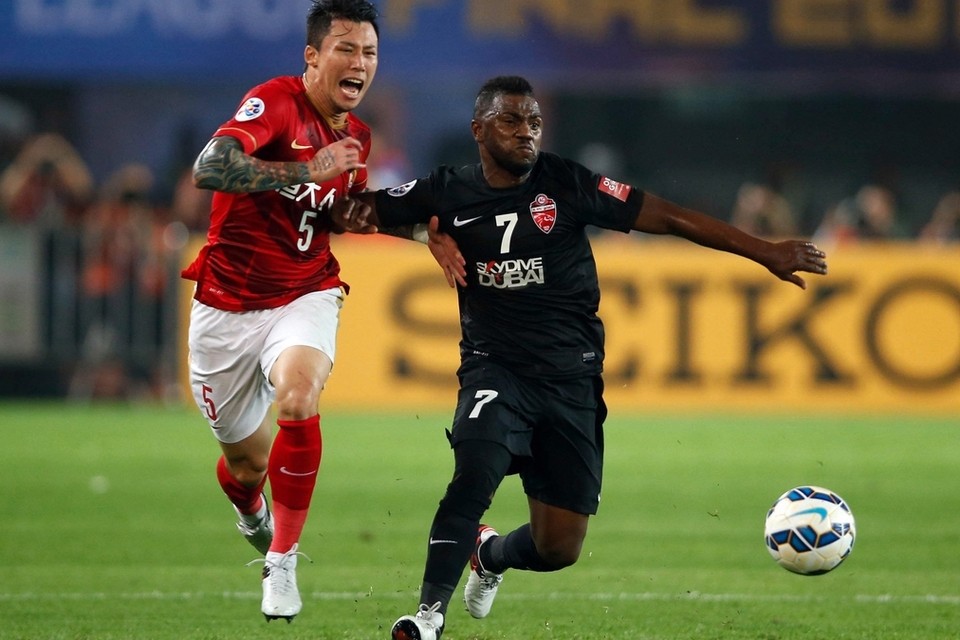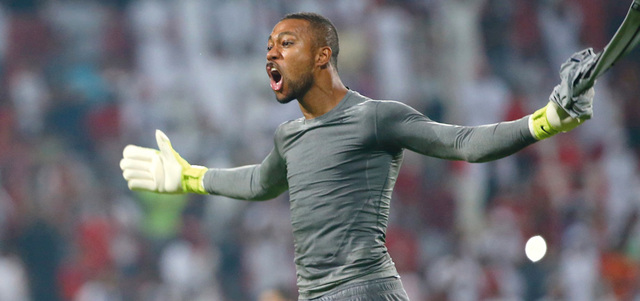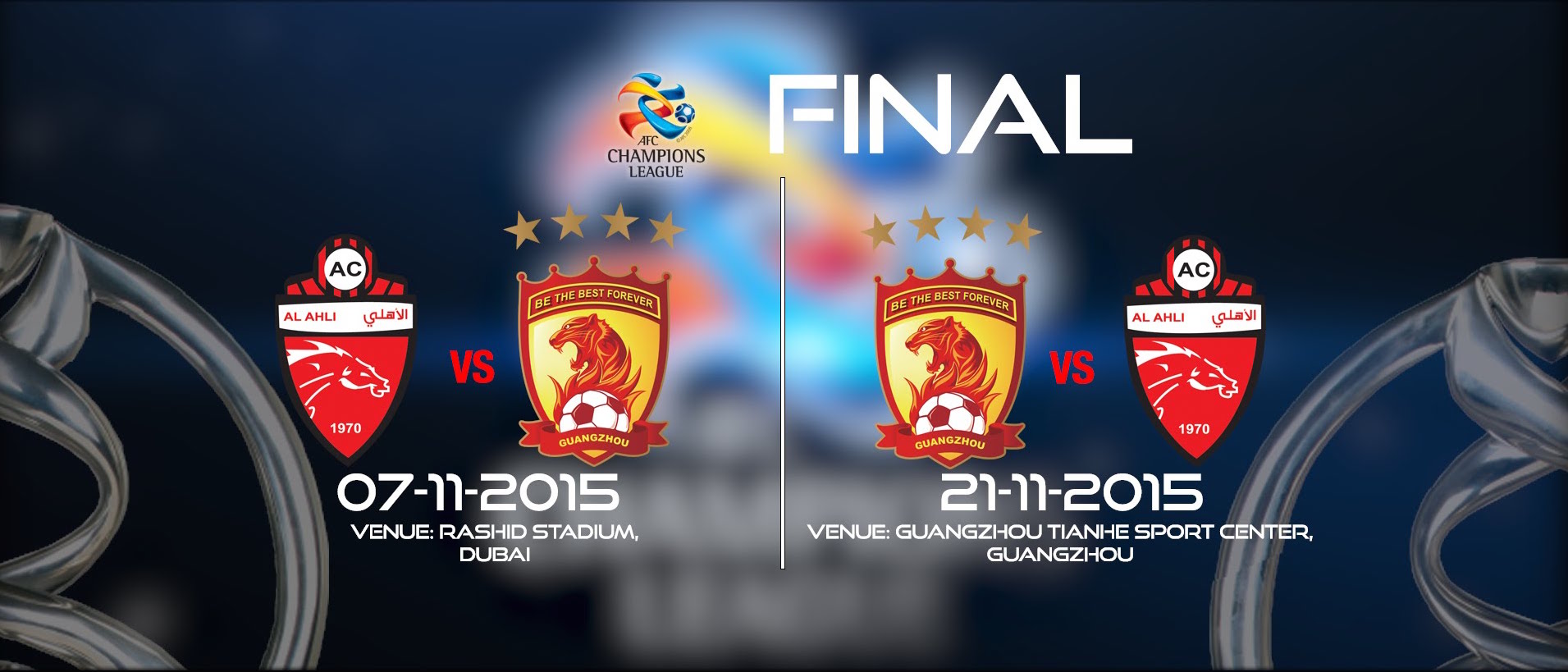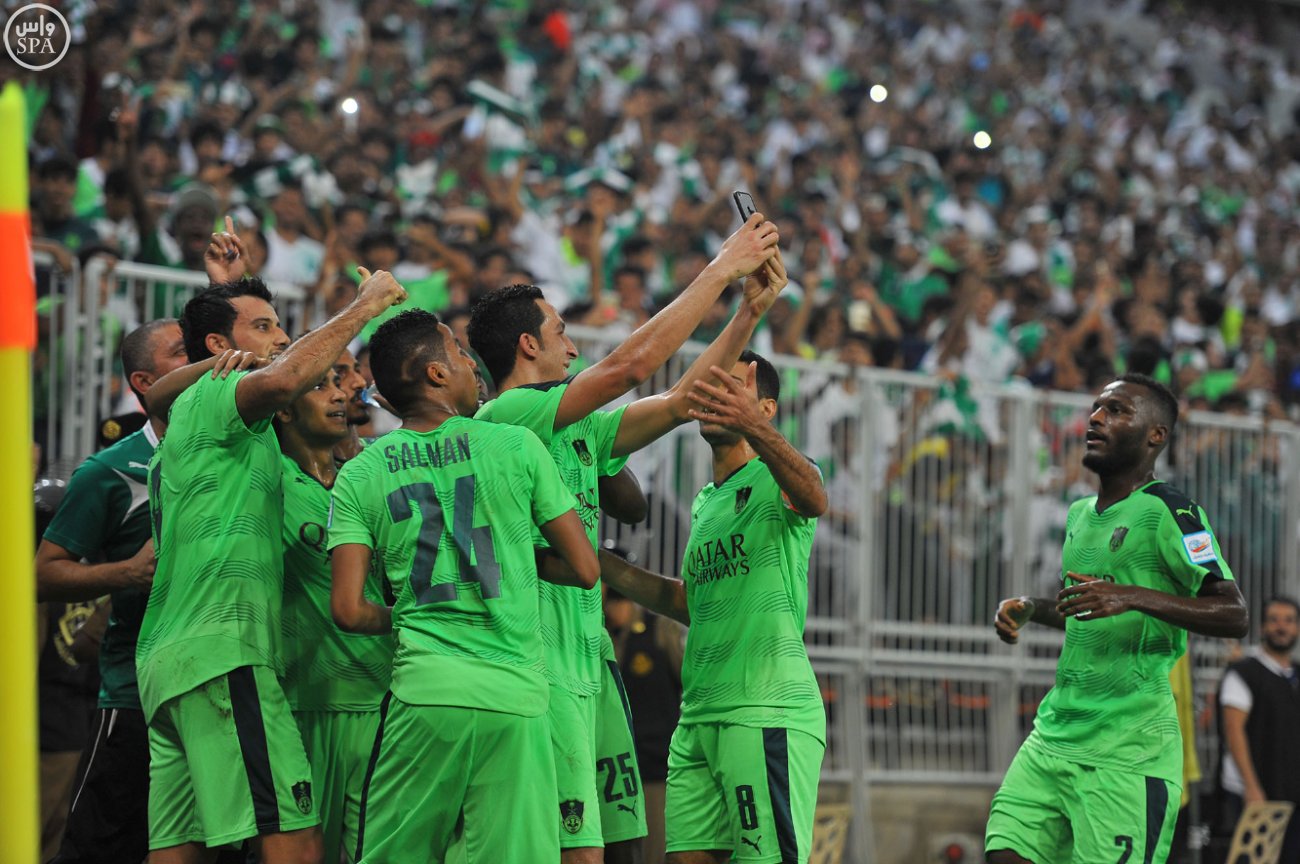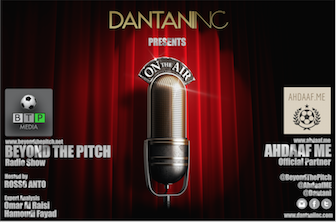-
 Ayman Hussein: Iraq’s Olympic Superhero
6 months ago
Ayman Hussein: Iraq’s Olympic Superhero
6 months ago -
 Ahdaaf 2016 Middle East Football Quiz Competition
7 months ago
Ahdaaf 2016 Middle East Football Quiz Competition
7 months ago -
 Qatar’s ‘Kafala’ Reforms Under The Spotlight
9 months ago
Qatar’s ‘Kafala’ Reforms Under The Spotlight
9 months ago -
 IRAQ OLYMPIC TEAM PROFILE
1 day ago
IRAQ OLYMPIC TEAM PROFILE
1 day ago -
 Persian Gulf Pro League Preview: 2016/17 Season
6 days ago
Persian Gulf Pro League Preview: 2016/17 Season
6 days ago -
 THE NEW IRAQ: ALL CHANGE IN TASHKENT
2 weeks ago
THE NEW IRAQ: ALL CHANGE IN TASHKENT
2 weeks ago
Al-Ahli (UAE) look to future post-AFCCL Final loss
It was absolutely unthinkable for Al-Ahli to be in this position, looking back 6 months ago. Al-Ahli were on the verge of elimination from the Asian Champions League group stages for yet another time and they had, long ago, waved goodbye to the very league title that they clinched in 2013-14.
Come November 2015 and they looked forward to the biggest match in their existence against none other than Asian giants Guangzhou Evergrande. More so, their bid for the Arabian Gulf League title was as strong as ever. In addition to all of these advantages, Al-Ahli possessed a lethal striker and an undefeated record across 14 games since their heartbreaking loss to Al-Nasr in the UAE President’s Cup Final in June.
Guangzhou would be the next team to beat them, very narrowly. Although the Chinese outfit dominated for more than 50% of both legs, Al-Ahli didn’t succumb to any of the pressure. I say Al-Ahli as a team, but Salmeen Khamis was guilty as an individual. Usually a rock at the back, tactically aware and growing by the day – he hasn’t looked back since nodding the winner against Al-Ain during the UAE Super Cup in early 2015.
In the 2nd leg of the Asian Champions League Final, in China, Khamis failed to prove himself. Usually the stage for a player of Salmeen’s calibre and age to impress, his anger got the better of him for the second time in less than a year to see himself receive a red card in a crucial game.Retrospectively, Khamis created problems for Al-Ahli in defence. It was Khamis who allowed Elkeson to face Ahmed Dida one-on-one in the first minute of the game (only for the latter to slip in front of goal). It was also Khamis that isolated himself while pressing from the defensive line. This allowed Elkeson and Huang Bowen to overload him, both successfully combining to score the only goal of the game for Guangzhou.
With Al-Ahli just a goal away from glory – as their stalemate in the first leg of the final helped them with the away goals rule – it was Khamis who decided it was time to increase the level of aggression to no avail. Khamis was sent packing by Ravshan Irmatov and this forced Cosmin to shift relatively inexperienced defensive midfielder Humaid Abbas into the right side of defence.
Yet regardless of the end result, which Guangzhou saw out at 1-0, Al-Ahli proved their credentials as dark horses. Nobody expected Al-Ahli to make it out of the group stages let alone win the whole tournament, but it is Cosmin Olaroiu’s grit and determination that has been the basis of their success. His trust in youth is also remarkable in the region. Keep in mind that Al-Ahli have been playing with 3 foreigners for most of their AFCCL campaign, as opposed to the norm of using all four foreigners.
It is this trust that Olaroiu has instilled in his local lads that led to Al-Ahli’s success. Besides the final game, Salmeen Khamis had a memorable year. Majed Hassan is knocking on the door of being the 3rd best player in the UAE ahead of Ali Mabkhout, Habib Fardan is justifying the hefty price tag he was bought for and Abdulaziz Sanqour has played a fine part in the team this year. In addition to the group, are Ismaeel Al-Hammadi and AFC Player of the Year Nominee Ahmed Khalil. Yet the biggest and most underrated success story has to go to fluent English speaker Ahmed Mahmoud ‘Dida’.It is his nickname that already sticks out. For such a common name in the Middle East, Ahmed Mahmoud is distinguished by the nickname of legendary Brazilian goalkeeper Dida. For a goalkeeper who played second fiddle to Majed Nasser, he didn’t warrant such a worthy nickname. Or so everyone thought. Majed Nasser’s ban gave way to Dida making his name on the league stage and the biggest stage of them all at his level: the Asian Champions League. All of this had deservedly earned him a place in the Emirati National Team.
The average age for all of those local players mentioned is 25. Add to that the young foreigners in Kwon Kyung-Won (23) and Everton Ribeiro (26), who challenge the norm of golden oldies spending their time in the region. So, as Cosmin Olaroiu says, “the AFCCL Final is a start, not the end for fantastic Al-Ahli”.The final question posed to Cosmin Olaroiu and his team: Will we see a West Asian side reach the heights of Guangzhou with a plan and development system? Al-Ahli are in the making of such a team, but only if Cosmin Olaroiu stays – yet this has been his longest reign in the Middle East: 864 days at the time of writing.
- Persian Gulf Pro League Preview: 2016/17 Season - July 28, 2016
- Jordanian Football – A minor setback or the end of a successful period? - July 17, 2016
- The Dark Future of Kuwait Football - June 4, 2016
- The Birth, Death and Re-Birth of Lebanese Football - March 29, 2016
- Khamis Esmail registration mistake not the first in UAE Football - March 9, 2016
- TACTICAL ANALYSIS: AL-NASSR 1-1 AL-AHLI - February 16, 2016
- FOOTBALL MANAGER 2016: MIDDLE EASTERN VERSION - February 6, 2016
- BEST GOALS: AFC U-23 CHAMPIONSHIP - February 3, 2016
- FRIDAY WITH… BILAL AHMAD - January 8, 2016
- TOP 5 GOALS OF THE WEEK: SEASON 1, EPISODE 1 - January 7, 2016
Similar posts
-
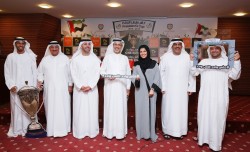 Arabian Gulf League
Arabian Gulf League
Khamis Esmail registration mistake not the first in UAE Football
-
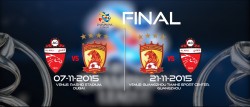 AFC Champions LeagueTactical Analysis
AFC Champions LeagueTactical Analysis
TACTICAL ANALYSIS: Al-Ahli Dubai x Guangzhou | #ACLFinal
-
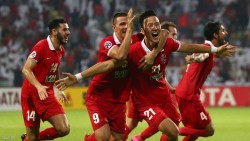 AFC Champions League
AFC Champions League
AL-AHLI DUBAI IN DEPTH: AFC CL FINAL PREVIEW
-
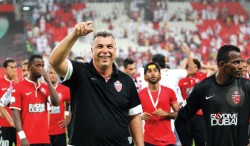 AFC Champions League
AFC Champions League
Al-Ahli Dubai: The Biggest Match in their History
-
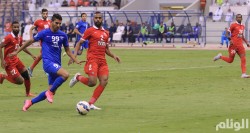 AFC Champions League
AFC Champions League
PREVIEW: Asian CL Semi-Final, Al-Ahli (UAE) vs. Al-Hilal
-
 AFC Champions LeagueTactical Analysis
AFC Champions LeagueTactical Analysis
TACTICS: How Cosmin Olaroiu nullified Al-Hilal

